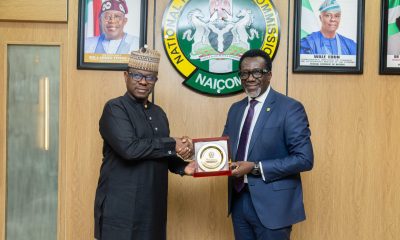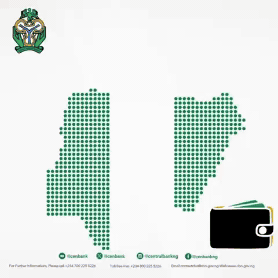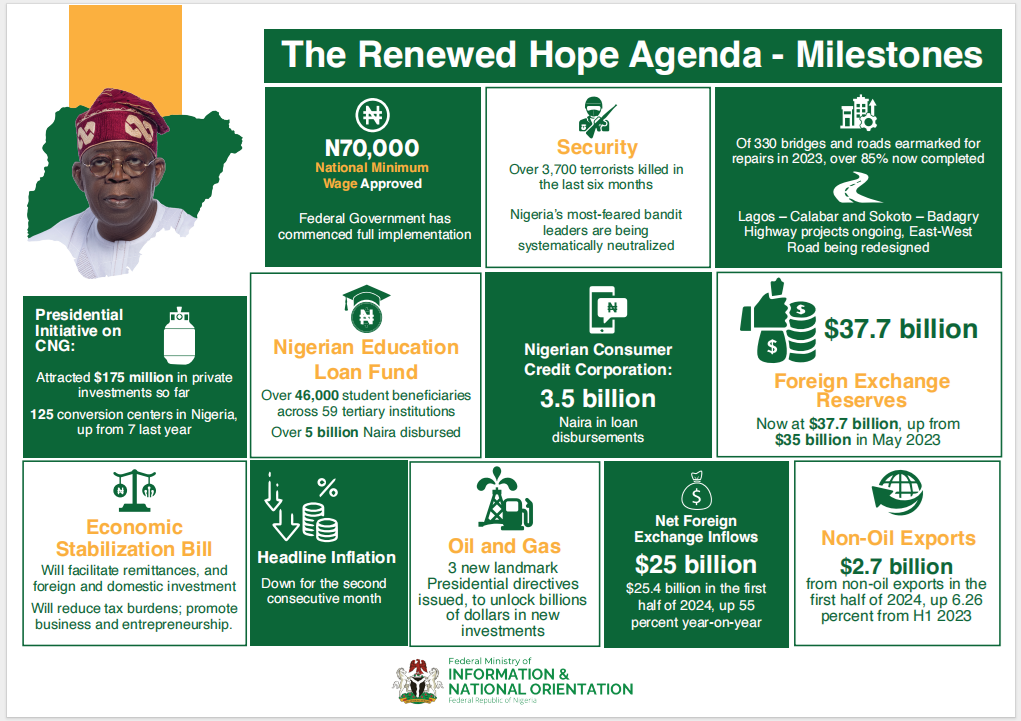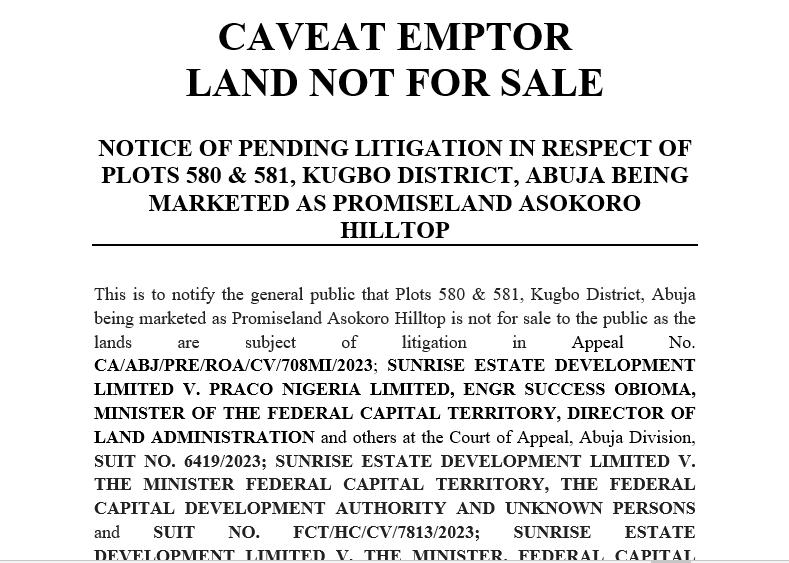By LOVETH AZODO, Lagos
As November ends and insurers enter the crucial capital verification season, the National Insurance Commission (NAICOM) has intensified its recapitalisation drive, warning that the industry has now moved into a decisive new phase of compliance.
Speaking at the Continental Re CEO Roundtable in Lagos, Dr. Usman Jankara, delivering a goodwill message on behalf of the Commissioner for Insurance, said the recapitalisation journey is no longer theoretical but now firmly in the execution stage, with timelines that remain non-negotiable.
Jankara, who addressed industry leaders on the sub-theme “Recapitalisation: Timelines, Target and Strategic Implication,” commended Continental Re for convening a dialogue rooted in one of the most critical reforms shaping the future of the Nigerian insurance market.
He noted that Nigeria’s insurance industry continues to grapple with low penetration, weak capitalisation, and limited underwriting capacity, making recapitalisation not only necessary but urgent.
According to him, the Nigerian Insurance Industry Reform Act (NIIRA) 2025 and the accompanying Minimum Capital Requirement guidelines have set the stage for the sector’s most ambitious transformation yet.
Life insurers must meet ₦10 billion capital, non-life companies ₦15 billion, while reinsurers are expected to attain ₦35 billion.
NAICOM has already set up an in-house committee to drive the process and has issued guidelines to ensure clarity, transparency, and orderly compliance.
He reminded operators that the deadlines remain firm, stressing that by September 30, 2025, all companies must submit their recapitalisation plans, followed by monthly progress reports and a full capital verification exercise running from November 2025 to June 2026.
The final compliance deadline is July 30, 2026, after which licences will be issued only to companies that meet the required capital benchmarks. To safeguard credibility, NAICOM will rely on the Big Four auditing firms to verify capital, ensuring that only genuinely compliant insurers move forward.
Beyond meeting the capital thresholds, Jankara emphasised that recapitalisation is the beginning of a broader transition toward resilience.
Jankara explained that stronger capital will boost underwriting capacity, enhance solvency, build public trust, and position Nigerian insurers to participate in larger domestic and continental risks, especially under the African Continental Free Trade Area (AfCFTA).
He warned, however, that capital alone will not guarantee industry relevance. Operators must rethink risk, strengthen technical capacity, adopt robust data models suited to Nigeria’s realities, integrate ESG principles, and invest in digital transformation to remain competitive.
He also highlighted the need for collaboration across the value chain, noting that recapitalisation is likely to trigger mergers and acquisitions, foster strategic partnerships, and reshape market structure.
Reinsurance relationships, he said, must evolve from basic risk transfer to deeper, more strategic cooperation. Public-private partnerships will also be critical in expanding inclusive insurance and improving penetration.
Jankara stressed that risk management, innovation, and transparency especially in claims settlement are now essential pillars for the industry’s long-term sustainability.
He urged insurers to embrace the recapitalisation process not as a regulatory burden but as a strategic opportunity to redefine the sector’s future and strengthen its contribution to national economic stability.
He concluded with a call to action, urging operators to approach this new phase with discipline and ambition.
For NAICOM, he said, the goal extends “beyond solvency to resilience, beyond compliance to competitiveness, and beyond borders to continental leadership.”

 News6 days ago
News6 days ago
 Business News6 days ago
Business News6 days ago
 News2 days ago
News2 days ago




























